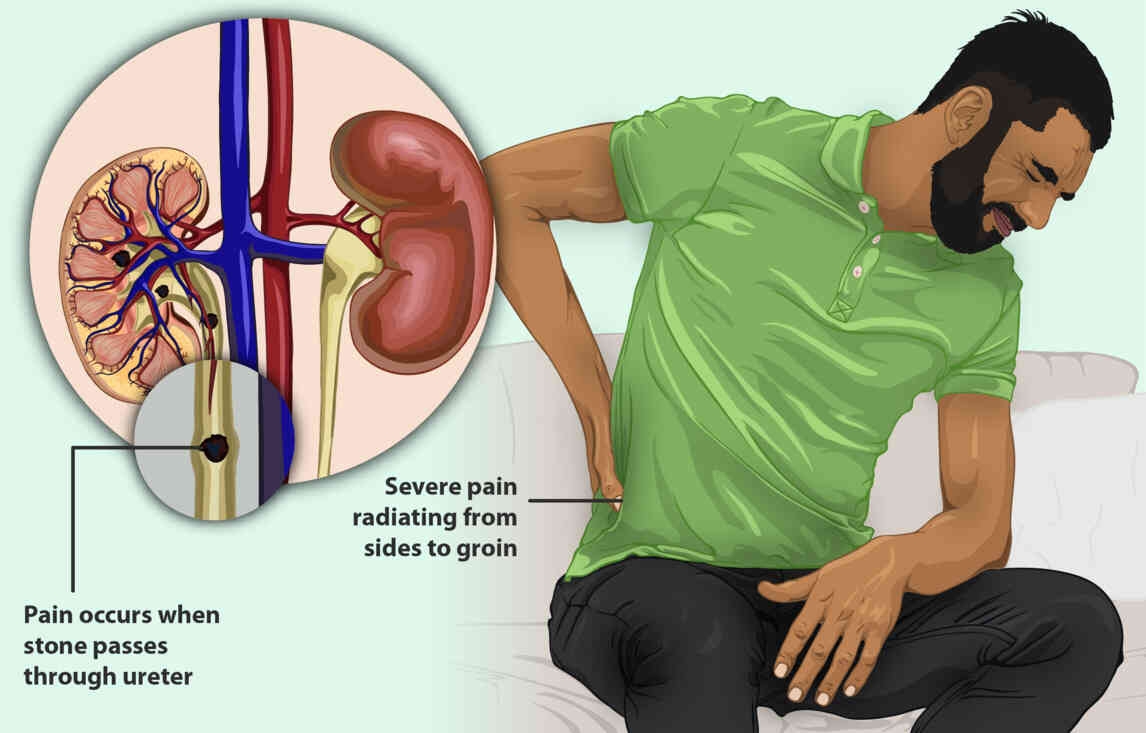One in seven Americans will suffer an orthopedic issue at some point in life. Those who’ve been to a primary care doctor with a musculoskeletal injury, disease, or ailment are likely to be familiar with the medical field of orthopedics, also called orthopedics. Most general physicians refer their patients to a bone doctor Georgia in such cases. Yet, many people live with painful and debilitating musculoskeletal issues without understanding what orthopedics is and how an orthopedist can help.
Musculoskeletal issues may stem from disease, but they can also be the result of accidents, overuse injuries, normal wear and tear on the body, or athletic stressors. Let’s explore who orthopedic doctors are and what they do in relation to such musculoskeletal events.
Orthopedic Doctors: A Look At Their Role In Healthcare
First, it’s important to distinguish that orthopedic doctors fall into two distinct categories. Orthopedic doctors are specialty doctors who’ve trained in the field of orthopedics. Orthopedic surgeons are orthopedic doctors who’ve completed additional residency and training to offer patients surgical orthopedic treatment options.
Many orthopedic doctors choose to narrow their practice to specialize in one or two areas of the body, such as the hips and back, knees, or feet, and ankles. This offers patients a medical expert who is focused on their particular orthopedic problem. To narrow the search by expertise, google (x) bone doctor Georgia. Fill in the (x) with the particular problem area – hip, foot, back, knee, etc.
Likewise, some orthopedic doctors choose to specialize in patient subsets, such as geriatrics or pediatrics. These are orthopedists who’ve devoted their career to understanding the musculoskeletal issues common to those particular patients. Pediatric orthopedic doctors commonly monitor adolescent bone growth problems and treat issues like childhood hip dysplasia and scoliosis.
The primary objective of all orthopedic doctors is the preservation and restoration of the musculoskeletal system so that patients can regain/retain their normal activity levels and lifestyles. This is a specialty field of medicine devoted to caring for the bones, joints, ligaments, tendons, and other structures that support the body in movement.
What Do Orthopedic Doctors Treat?
Unlike many other expert fields of medicine, orthopedic doctors basically cover the entire body from the neck to the toes. Think of any body part that contains a bone.
The orthopedist can help with issues like the following three examples:
- Diagnosing and treating sports, recreational, and work injuries to the bones, joints, and musculoskeletal tissues.
- Managing progressive bone and joint diseases, such as arthritis and osteoporosis.
- Diagnosing and treating overuse, repetitive, and stress injuries of bones, muscles, joints, and connective tissues.
Some of the most common issues patients visit an orthopedist for include:
- Back pain and injuries
- Arthritis
- Age-related bone conditions
- Fractures
- Strains
- Sprains
- Workplace injuries
- Bone tumors
- Feet issues like bunions and spurs
While primary care physicians can often treat the above, orthopedic doctors specialize in only treating musculoskeletal issues. They’ve spent years studying and practicing to identify musculoskeletal issues and their causes and have advanced training in the most effective and current diagnostic and treatment measures.
How Do Orthopedic Doctors Treat Patients?
It’s a common misconception that a visit to the orthopedist automatically means surgery. Sometimes surgery is necessary when other options can’t adequately treat an issue, but surgery is always withheld as the last resort. Orthopedists have many non-surgical recommendations in their treatment arsenal, including.
- RICE – rest, ice, compression, and elevation
- Oral and injectable medications
- Therapies and rehab (occupational and physical)
- Lifestyle recommendations once certain actions are identified in aggregating the orthopedic problem
Scheduling An Appointment With An Orthopedist
Muscle, joint, and bone pain is often temporary, or short-term, meaning that it will go away after an acute injury subsides. It’s always prudent to consult a primary care physician or an orthopedist to ensure the injury doesn’t progress, but there are certain signs that signal a definitive need to see an orthopedic doctor, including:
- Pain persisting over 12 weeks.
- Reduced range of motion.
- Inability or difficulty completing everyday tasks.
- Balance, strength, or ambulatory difficulties.
At the initial orthopedic appointment, the orthopedist will review the patient’s medical history and collect information regarding physical activity, pain and discomfort, management techniques, and other day-to-day habits. X-rays, blood work, and other diagnostics may be ordered. After review, the orthopedic doctor can correctly diagnose the problem and offer the most effective treatment recommendations to manage pain.
Is A Referral Needed To See An Orthopedist?
Many patients are referred to an orthopedic doctor after first consulting a primary care doctor, emergency room, or immediate care. However, a referral typically isn’t necessary. Just Google bone doctor Georgia to get a listing of local orthopedic doctors in the area. When contacted, most orthopedic offices will collect some general information from the caller to determine if an orthopedic appointment is appropriate.






